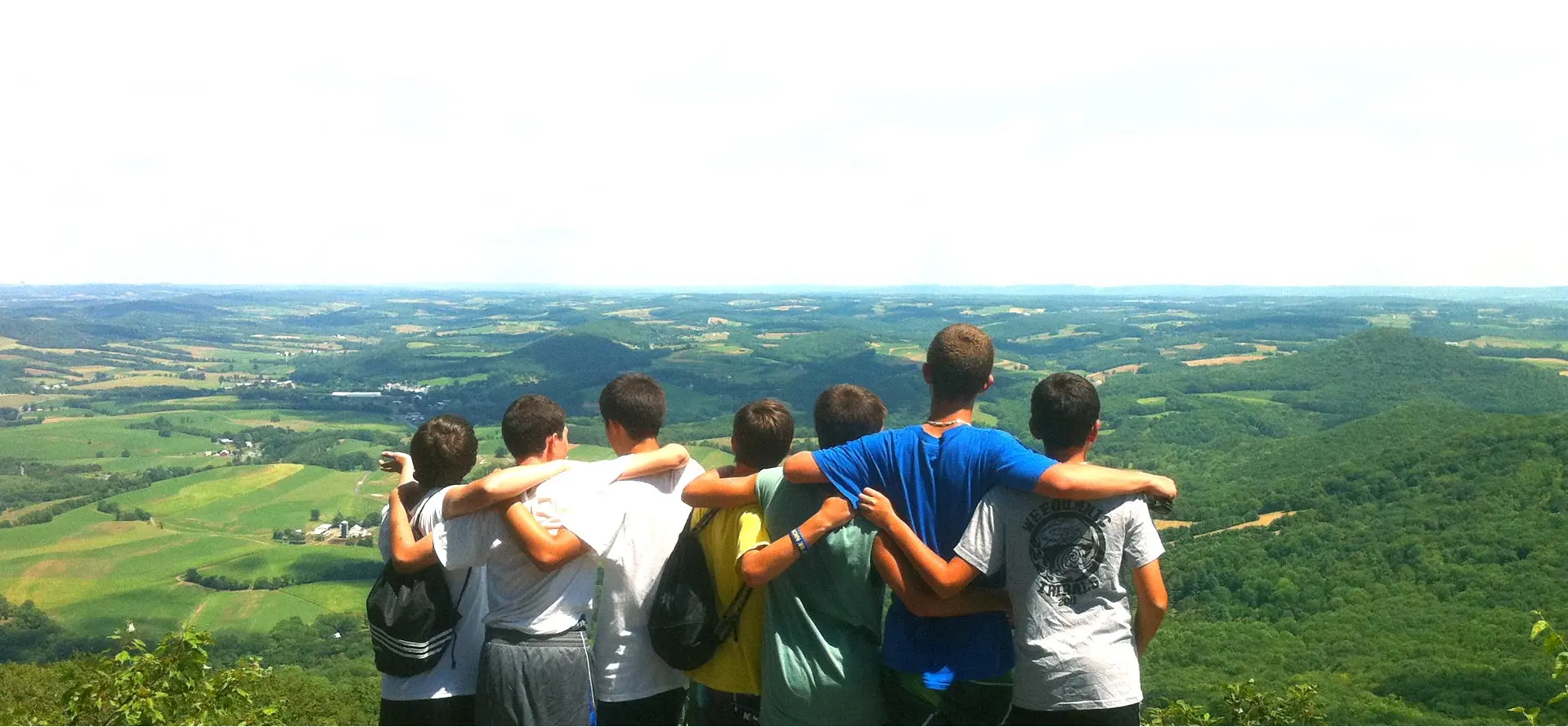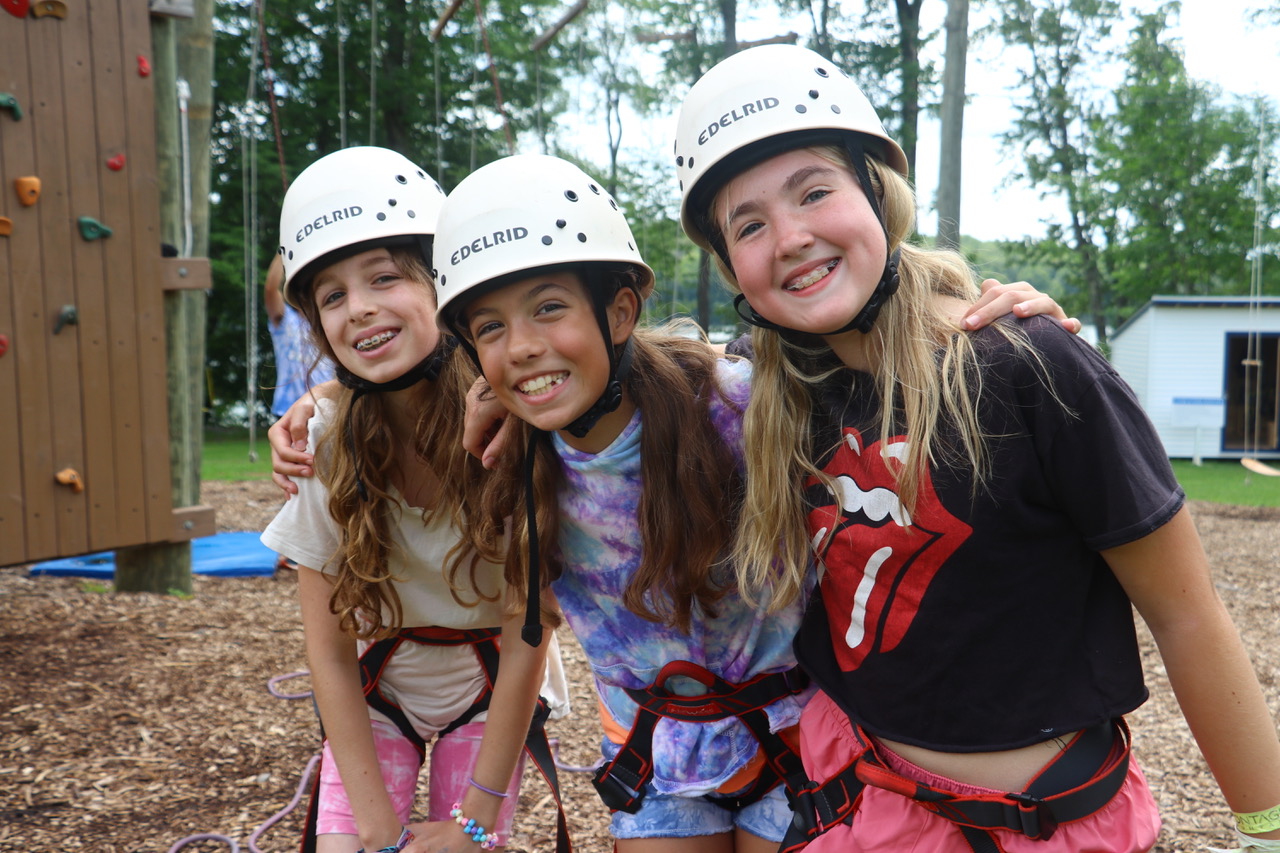As I take in the wonders of Westchester County from my rising flight back home, I start thinking about a conversation I had with an almost 100-year-old great-grandparent this past weekend. (Have to admit – I was a little starstruck… not often I get to have a family member that experienced listening in on a camp conversation.)
I got a speak with him a little after the parents sent the kids to play. It was incredible. He talked about what his family had to do to survive the Great Depression. How they moved. What they drove in and how long it took. Growing their own food and so much more.
He used these lessons and built a great business which went through a lot of hard times but is, ultimately, still in the family. He had to deal with a lot of hard things. He participated in a World War, watched the Civil Rights struggles, saw the moon landing, and so much more.
All the while, he had his head down, taking care of his family, his community, his business… which will now send his great grandkids to camp. Incredible.
Some Challenges
I know we all believe there is a lot going wrong in our world. I’ve got good friends who children are in the IDF. Families are being divided along political and ideological lines. A lot of my friends in Appalachia are really suffering from the recent massive flood. And yet…
A recent note from someone I appreciate said: if we read the news, it’s never been worse. But if we read history, things have never been better. Can it be both? Perhaps… but it’s all how we decide to view things.
An author I enjoy (the Wait But Why guy) has a very interesting book out. He covers a lot of topics very thoughtfully, I believe. One thing he mentioned when speaking about his college experience: his professors told him they wanted him to be safe and uncomfortable in their classroom.
I love that. And, of course… it reminded me of camp.
Safe and Uncomfortable at Camp
Let’s not sugar-coat (or fiber-coat, in this case?) things at Weequahic…. It’s pretty cushy. Instant hot water heaters? Heated pool? Air-conditioned Dining Hall? Three meals & three snacks a day? Canteen? Cookies every Friday night?
Cushy.
And yet… it’s still uncomfortable for many of our campers.
Living away from home. Living in a bunk with 10 other kids and three staff members you’ve just met (for our newest campers) or friends from past summers for our returners. The food is good… but it’s at certain times and Uber Eats is not running our way anytime soon. Oh… and no tech. (The HORROR!) Our campers are out of their rhythms and out of their comfort zones.
And. It. Is. So. GOOD for them. Safe… and uncomfortable.
The amount of leaning when you move out of your comfort zone (just enough) is impressive. Independence starts to grow. Courage starts to grow. The world begins to open up. The comfort zone begins to expand.
You begin to see discomforts for what they are – stepping stones of future grown or something temporary not spend a moment dwelling upon. You realize you can make friends with others without your parents around or school or video games.
That’s the gift of camp. A community built with kids at the heart of it – fun, safe and, at useful times, uncomfortable.
Easy will lull us to sleep. Easy will have us waking up in a world of ‘Wall-E’ lethargy. It’ll help us produce generations who lack grit, determination, independence and more. Camp is not the complete answer to this challenge… but it certainly can be a part of the answer.
Let’s help our kids be safe… and uncomfortable. Have a good weekend!



